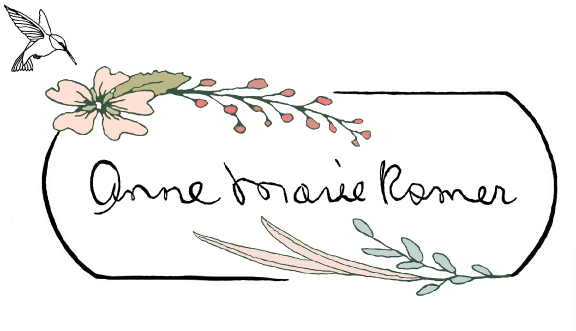Stories We Should Never Forget
Ever since my days working as a nurse in the St Leonard Assisted Living Unit in Centerville, I’ve often observed how the transition to elderly care is often accompanied by a stripping of sorts. Layers of life are shed like snakeskin. Long ago stories become buried beneath the process of aging when life becomes smaller; defined by walkers, hearing aids, and communal meal schedules.
Every opportunity I have to spend time with the elderly, I wonder what stories lie dormant beneath their wrinkled hands and far away gazes. What was growing up like? What was family time like? Where did they work? What are the greatest life lessons?
The first time I met Julia, I walked into her Assisted Living room where the sound of gospel music filled the air. There were history books everywhere. Family photos framed the walls. There was a bible on her bedside table, bound in worn leather. A mutual friend was also there and introduced us. He suggested to Julia that she may want to share her life stories with me. She was warm to the idea and invited me to pull up a chair. And so we began.
Julia was born in Leeds, Alabama in 1946. Her birth certificate says August 16, but her mom insists she was born on the 31st. Apparently, hospital records were a bit sketchy back then. Julia’s great grandparents were slaves, but her parents never talked about it. Julia didn’t even know what a slave was until she was well into her teen years. However, the shadow of slavery permeated every aspect of her upbringing.
Unlike her ancestors bound by illiteracy laws, Julia became an avid reader. Her appetite for learning about the history of black people in this country was insatiable. Despite her quest for books, she wasn’t able to go to the library. No Blacks allowed. Julia’s mom had to buy used books from the school depository which were open to Blacks only on certain days. They were lucky to find books that weren’t already marked up by previous owners. She had a thirst for learning, but opportunities to learn were never easy. The KKK burned her school to the ground.
Julia’s story is reflective of the deeply painful generational history for so many Black Americans. I’ve been moved by her first person account of having her spirit systemically squashed over and over again. Her resilience was fierce, despite the constant obstacles. Julia’s parents instilled in her a yearning for a bigger and better life. For her, that road was through education and her unwavering faith in a God who she fervently trusted would show her the way.
Julia has overcome many hurdles common to Blacks in the deep South in the 1950’s. She graduated from college and became a teacher with the Dayton Public Schools. And then when Julia became a mother, she exposed her own daughter to the world of music education, self-worth, and independence.
My conversations with Julia have become a treasure for me, but hard to reconcile. Her life, because of skin color, hasn’t been easy. As I sit amidst her beauty, my heart aches for the physical abuse, outright hatred, and oppression she’s endured. Racism scars are difficult to heal, yet Julia’s gospel music calls her to sing out loud in hope. She told me she’s forgiven those who hurt her, but she is determined not to forget. I hope to help Julia keep her stories alive so that none of us will ever forget.
